 |
 |
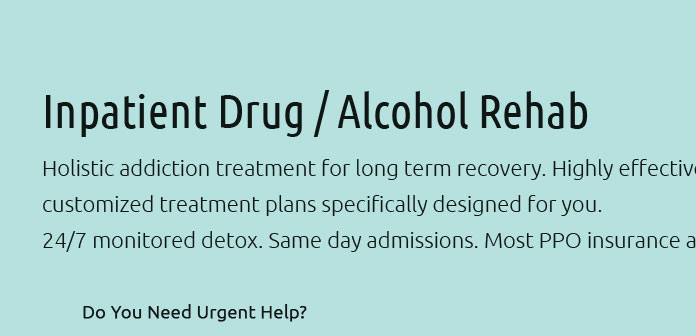 |
 |
 |
 |
||
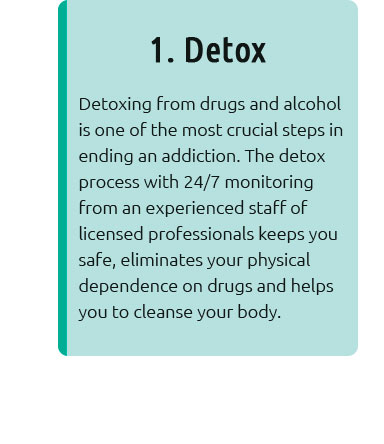 |
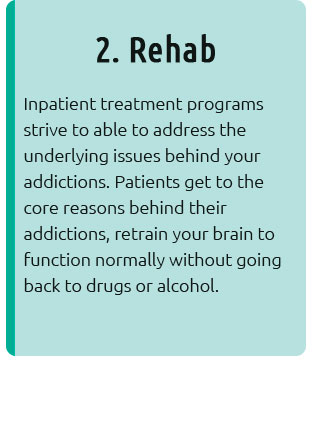 |
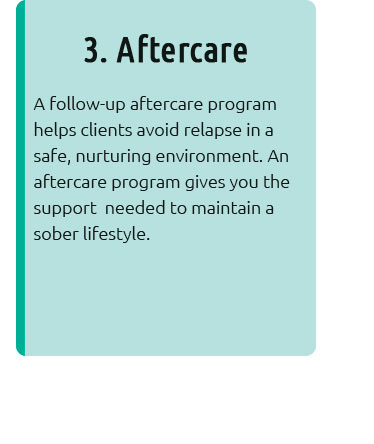 |
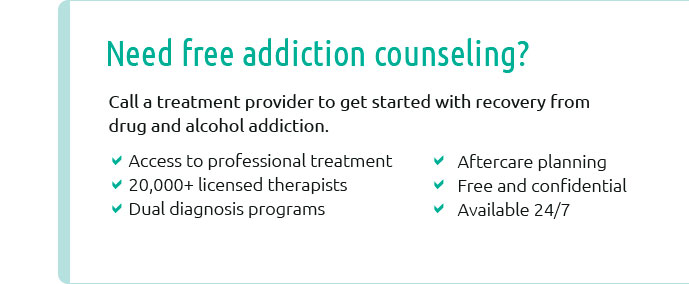 |
 |
 |
 |
||
 |
||
 |
||
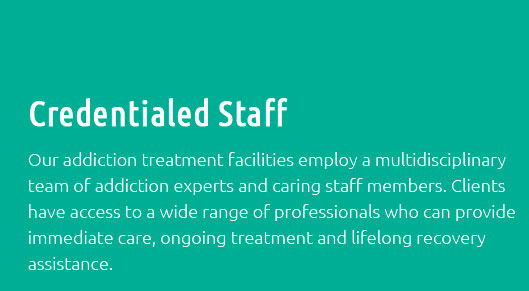 |
 |
 |
|
 |
|
|
Discover a transformative journey at our state-of-the-art rehabilitation centre for drug addicts, where inpatient drug and alcohol rehab isn't just about breaking free from addiction-it's about reclaiming your life with dignity and purpose; immerse yourself in an empowering environment that blends cutting-edge treatment with holistic healing, guided by compassionate experts dedicated to your lasting recovery, because you deserve more than a second chance-you deserve a future that's vibrant, fulfilling, and undeniably yours.
https://www.sanantoniorecoverycenter.com/rehab-blog/rehab-for-drug-addiction/
Learn about the many benefits many people gain by enrolling in drug rehab. Many are finding the joys of sobriety after using the tools and skills learned in ... https://www.addictioncenter.com/rehab-questions/typical-day-rehab/
From morning meetings to afternoon therapy sessions, here are some things to expect at a typical day in drug or alcohol rehab. https://www.novarecoverycenter.com/treatment/10-key-components-of-a-highly-effective-drug-rehab-center/
Drug addiction affects millions of people worldwide, and the need for effective drug rehab centers has never been greater. However, not all ...
|